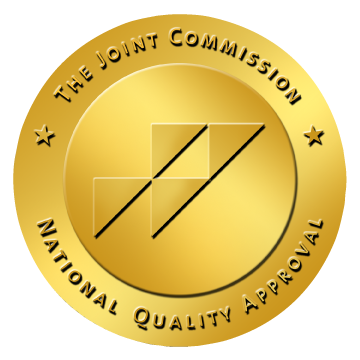School is Out, Building Confidence is In: Adolescent Mental Health Treatment

The Importance of Confidence in Teen Mental Health
Self-confidence is a cornerstone of adolescent mental health. It's the foundation upon which teens build their identity, form relationships, and navigate the complexities of growing up. During school breaks, when the structured environment of classrooms is absent, maintaining and boosting confidence becomes even more critical.
Building Confidence During School Breaks
The summer months offer a unique opportunity for teens to focus on personal growth and confidence-building activities. Here are some strategies that can help:
- Set Achievable Goals: Encourage your teen to set small, attainable goals for the summer. These could be learning a new skill, reading a certain number of books, or volunteering in the community.
- Engage in Confidence-Building Activities: Activities that allow for self-expression and skill development can greatly enhance confidence. Consider arts and crafts, sports, music, or cooking classes.
- Maintain Social Connections: While school is out, it's important for teens to stay connected with their peers.Encourage participation in summer programs or organized activities.
- Practice Self-Reflection: Encourage your teen to keep a journal or practice mindfulness to better understand their thoughts and emotions.
Monitoring Mental Health
- Changes in sleep patterns or appetite
- Loss of interest in activities they usually enjoy
- Increased irritability or mood swings
- Social withdrawal or isolation
- Expressions of hopelessness or worthlessness
Returning to the Body: Grounding Techniques for Teens
In our increasingly digital world, many teens feel disconnected from their physical selves. Helping adolescents return to their bodies can significantly improve their mental health and overall well-being. Here are some effective methods:
1. Grounding Exercises
The 5-4-3-2-1 technique is a powerful grounding exercise. Encourage your teen to identify:
- 5 things they can see
- 4 things they can touch
- 3 things they can hear
- 2 things they can smell
- 1 thing they can taste
This method helps focus on the present moment and can be particularly helpful during moments of anxiety or stress.
2. Mindful Movement
Activities like yoga, tai chi, or even mindful walking can help teens reconnect with their bodies. These practices encourage focus on breath, movement, and physical sensations, promoting a stronger mind-body connection.
3. Body Scan Meditation
This practice involves mentally scanning the body from head to toe, noticing any sensations without judgment. It's an excellent way for teens to become more aware of their physical selves and can help identify areas of tension or discomfort.
4. Creative Expression
Engaging in art, such as drawing, painting, or sculpting, can be a powerful way for teens to express emotions and connect with their physical senses. The tactile nature of these activities can be grounding and therapeutic.
5. Nature Connection
Spending time outdoors can significantly enhance grounding and mindfulness. Encourage your teen to take walks in nature, focusing on the feel of the ground beneath their feet, the smell of the air, and the sounds around them.
The Role of Parents in Supporting Teen Mental Health
- Provide Positive Reinforcement: Offer genuine praise for your teen's efforts and accomplishments, no matter how small.
- Create a Supportive Home Environment: Foster an atmosphere of open communication where your teen feels comfortable expressing their thoughts and feelings without fear of judgment.
- Model Healthy Behaviors: Demonstrate how to handle challenges and setbacks with a positive attitude. Your example can be a powerful influence on your teen's mindset.
- Encourage Digital Detox: Help your teen set boundaries with technology use. Create tech-free zones or times to promote real-life connections and reduce screen-related anxiety.
Conclusion: Embracing the Opportunity for Growth
As we enter the summer months, let's view this time as an opportunity for our teens to grow, build confidence, and strengthen their mental health. By implementing these strategies and helping our adolescents reconnect with their bodies, we can support them in developing the resilience and self-assurance they need to thrive, not just during the school break, but throughout their lives.
Remember, building confidence and maintaining mental health is an ongoing process. If you're concerned about your teen's well-being, don't hesitate to reach out to a mental health professional for guidance and support. Together, we can ensure that when school is out, confidence and well-being are very much in.




